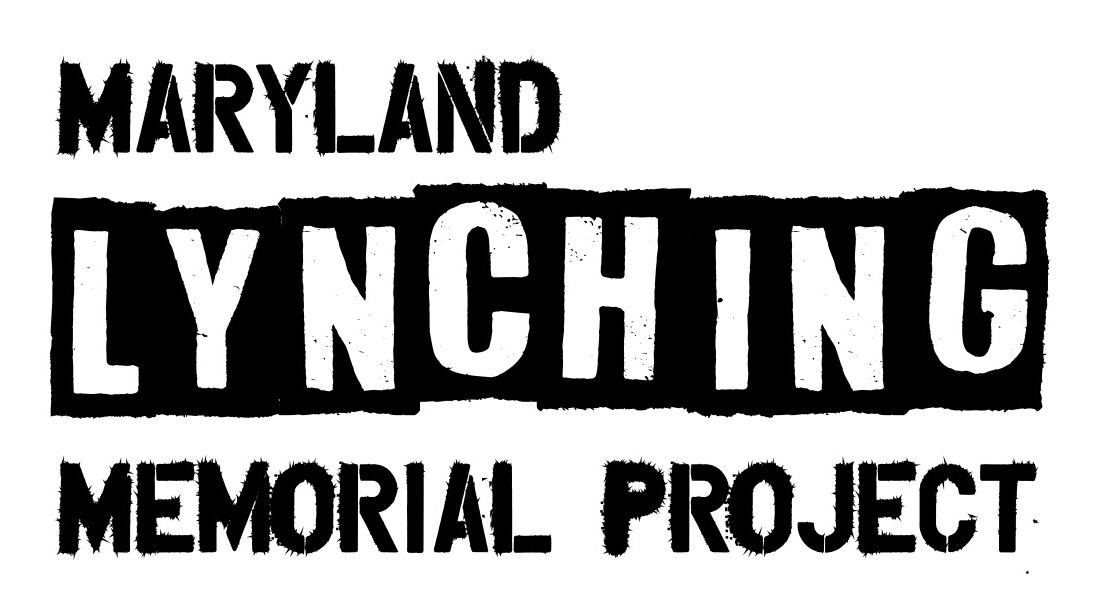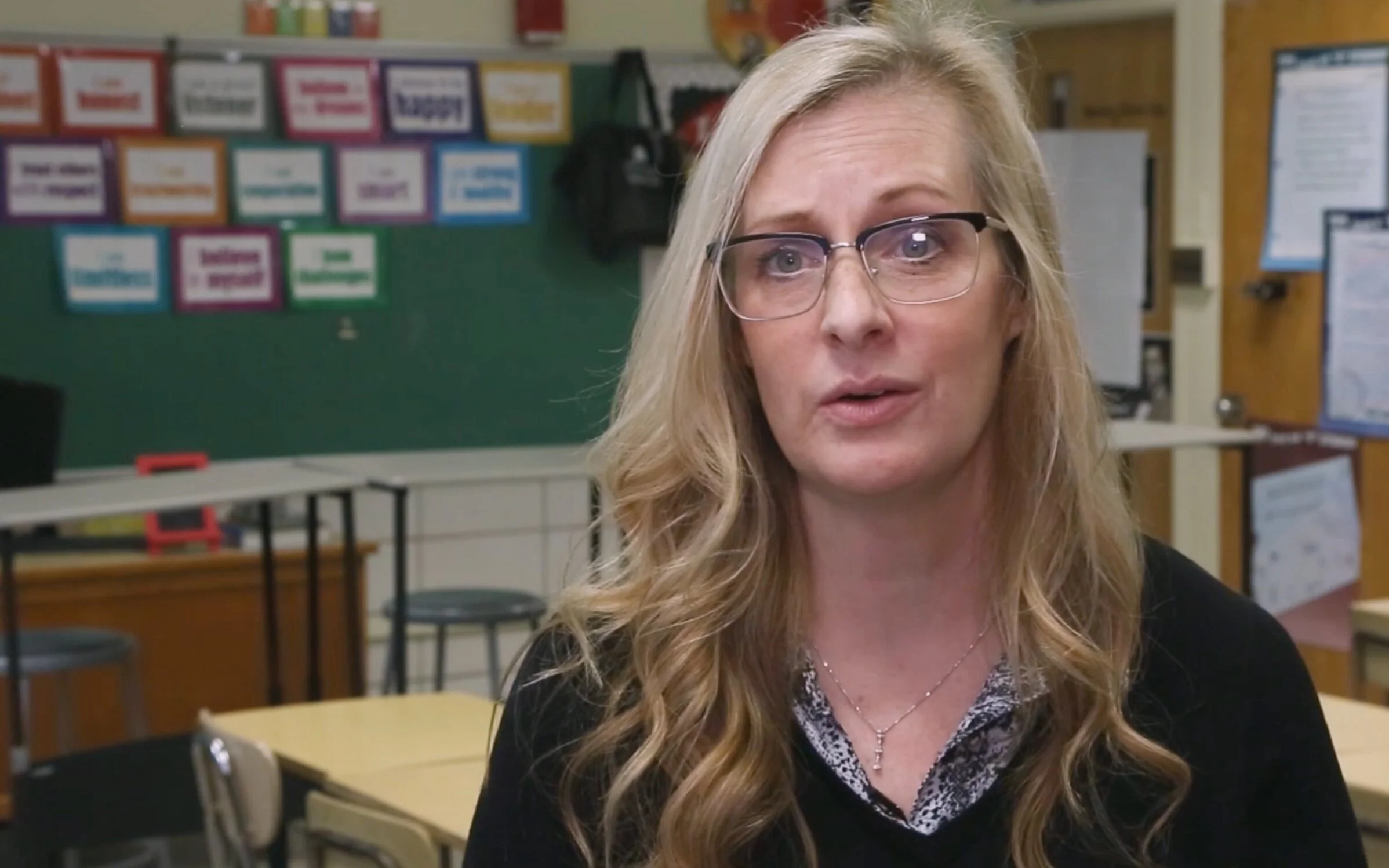In July of 1885…
… a 15-year old boy named Howard Cooper was lynched in Towson.
His was one of more than 40 racial terror lynchings in Maryland between 1854 and 1933.
Cooper had been convicted of assault and rape by an all white jury, which deliberated less than a minute before reaching its verdict. His attorneys were about to file an appeal to the US Supreme Court based on Cooper’s 14th Amendment rights. Rather than risk a reversal, a mob of about 75 masked men stormed the old Baltimore County Jail in Towson, dragged Cooper from the cell where he was being held and hanged him from a sycamore tree next to the building.
To publicly acknowledge this murder and honor the victim, the Baltimore County Committee of the MD Lynching Memorial Project has launched a campaign to install a permanent historical marker at the site in partnership with the Equal Justice Initiative (EJI).
We have created this page to serve as a central repository for information about Howard Cooper, community efforts to memorialize him and news of upcoming events.
Baltimore Sun - July 13, 1885
JUST IN!
We are proud and honored to announce that the Equal Justice Initiative (EJI) has just approved our proposal to have an historical marker placed at the old Baltimore County Jail, site of the Howard Cooper lynching in 1885. We will post the formal notification when it is received from EJI, hopefully within the next week.
The proposal, submitted by the Baltimore County Coalition of the MD Lynching Memorial Project, will acknowledge the racial terror lynching of a victim who could not have been older than 15 years at the time of his murder. This community remembrance project enjoys the enthusiastic backing of the Baltimore County government, including the support of County Executive, John A. Olszewski, who addressed the first public meeting of the coalition at Goucher College in January.
Old baltimore county jail, towson, site of the 1885 lynching of howard cooper.
The project will include a Racial Justice Essay Contest which will be open to public high school students. EJI conducts the contest and will award $6,000 in college scholarships to the winners. The first place winner will read his or her essay at the installation ceremony. Details on the contest will be revealed soon.
The marker installation was originally targeted for late May, however the ongoing public health emergency will likely force that date to be rescheduled.
For schedule updates and additional information on Howard Cooper, the memorial project, essay contest and related events please bookmark and visit this page which is dedicated to the Howard Cooper Memorial Project.
Cooper film streaming
The Maryland Lynching Memorial Project has released its most recent film, Outrage in Rockland: The Lynching of Howard Cooper. The film examines the 1885 racial terror lynching of Howard Cooper in Towson (Baltimore County) Maryland.
The film can be viewed by clicking the image above.
Events
April 1 (tentative)
Racial Justice Essay Contest opens
May 8 (tentative)
Racial Justice Essay Contest closes
TBA
10a Installation Ceremony for EJI historical marker
Watch this space for upcoming community events related to the campaign to install an historical marker at the site of the 1885 racial terror lynching of Howard Cooper.
8th graders focus on Cooper episode
Students in a juvenile justice class at Loch Raven Academy have made the Howard Cooper lynching the focus of their social action project under the guidance of teacher Michelle St. Pierre (see below).
A video feature produced by the Baltimore County Public Schools can be viewed by clicking on the image below.
Loch raven academy teacher, michelle st. pierre
Q&A with Michelle St. Pierre
The magnet coordinator and social studies department chair at Loch Raven Academy is Michelle St. Pierre, a former BCPS Teacher of the Year. Ms. St. Pierre (MSP) kindly agreed to answer a series of questions related to her juvenile justice class’ involvement in the Howard Cooper memorial project.
Q: How does the Howard Cooper case fit into the curriculum?
MSP: As a proponent of civic education and action for students, I was delighted that this year Baltimore County Public Schools 8th grade social studies curriculum adopted a student action project modeled from Project Soapbox and the Mikva Challenge. The Howard Cooper story is the impetus I chose to use to help students connect history to their community and to becoming an agent of change. The Juvenile Justice students who’ve begun this initiative were drawn to the project through their look at juvenile justice and due process throughout time.






